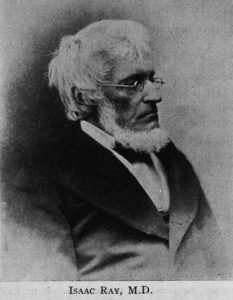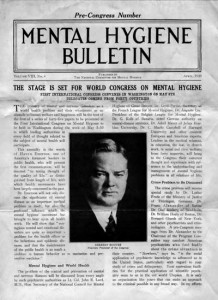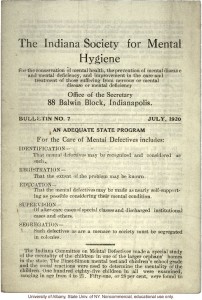Before the advent of insane asylums, most families by necessity had to simply accommodate a person’s mental health problems as best they could, and then wait to see what the future held. Once asylums became both established and accepted, medical intervention became much more the norm. Though some doctors believed strongly that many patients might not benefit at all from a stay in an asylum (one said that forcible confinement in an institution “would tend strongly to cause the disease to pass into some more intense form”), most saw institutional care as far superior to home care.
Alienists had several reasons for feeling this way. Most believed that the home environment was almost always at least partly to blame for an individual’s problem. Either something was going on that directly fed the mental problem, or associations the patient couldn’t get away from wouldn’t allow recovery. Doctors believed that simply getting a patient away from the situation and into a calm environment that didn’t make demands on him, would go a long way toward nipping the problem in the bud. They also felt that patients’ families didn’t have the knowledge or skill to handle mental illnesses, and certainly couldn’t make instant judgments concerning medicine, restraints, and the like.
Alienists, themselves, had four basic forms of treatment: mechanical, moral, hygienic, and medicinal. My next few posts will explore these types of treatment.





